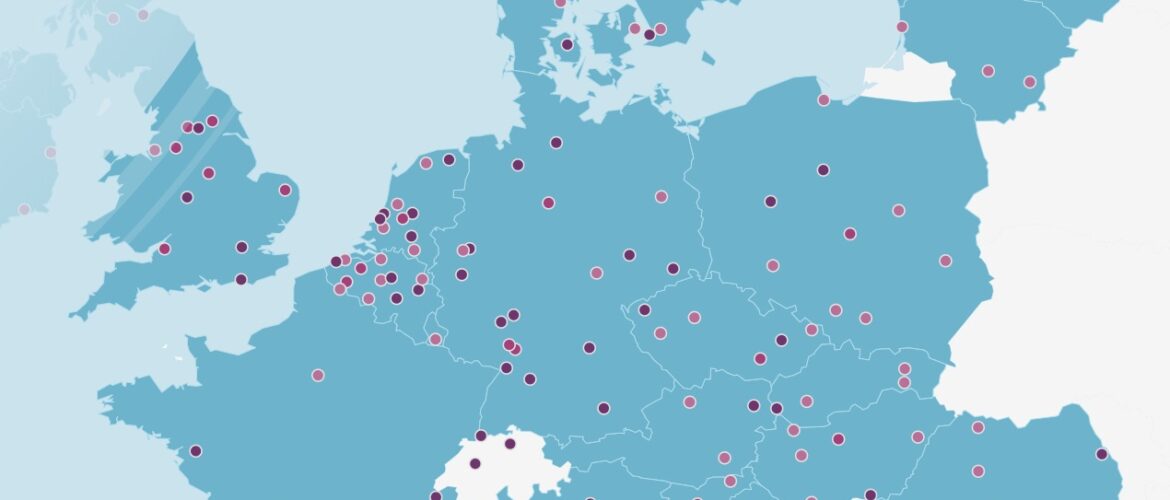We inaugurate the Newsletter’s section on Policies focusing on the city level, as a first level of analysis of where leisure occurs. In search of a contemporary definition of a “leisure city”, we look into tools for policy makers to design future leisure related evidence-based strategies. The Cultural and Creative Cities Monitor is presented, a tool developed by the Joint Research Center of the European Commission to allow policy makers to identify local strengths and benchmark their cities against similar urban centers. Currently it comprises quantitative data on 190 cities in 30 European countries, complemented by qualitative data.
Back in 2012, the 12th World Leisure Congress in Rimini was organized under the theme “Transforming city, Transforming Leisure”. In 2014, the title of the first issue of the World Leisure Journal was The mutual influence of leisure and the city. In the Guest Editorial, André Thibaut and Marc-André Lavigne mentioned that participants in the conference did not agree on how the neologism “leisure city” could or should be defined. Would this be different today, almost eight years later?
In a world that is becoming more and more globalized, urbanized and challenged by new economic, social and technological paradigms, cities are gaining growing importance as the first level where human interaction occurs. Designing leisure-related policies, implementing leisure-related actions and evaluating them to feed into new policies and actions are more and more inter-linked to urban planning and urban management processes.
But what knowledge is available for policy makers to frame evidence-based leisure policies? In this new Policy section introduced in the newsletter, we will start by presenting policy developments, initiatives and tools helpful to policy makers and researchers in relation to leisure and the city.
The first one is the Cultural and Creative Cities Monitor developed by the Joint Research Center of the European Commission. A first edition was published in 2017 while a second one, the Cultural and Creative Cities Monitor 2019, was unveiled last October by the European Commission, together with a fully revamped data visualisation tool. The instrument is designed to help policy makers identify local strengths and opportunities. Quantitative information is captured in 29 indicators relevant to 9 dimensions reflecting 2 major facets of the cultural, social and economic vitality of the city. Qualitative evidence is used mainly to support quantitative findings. Data is available for 190 cities in 30 countries in the European continent.
The tool is available on a comprehensive website that can be freely accessed by anyone and includes information on the methodology and the indicators chosen. However, the added value of the tool lies in the fact that it allows benchmarking a city against similar urban centers using both qualitative and quantitative data. This is a powerful feature both for policy makers but also for researchers looking into comparing different cities and advancing research in the field of how culture contributes to social and economic well bring.
Comparison here is understood as an instrument of mutual learning between cities and not as a competition. Such tools allow cities to reflect on their cultural assets, reconsider local efforts and provide support for the development of evidence-based policy frameworks. Although data is mainly quantitative, the instrument provides a framework. Even if one aspect of leisure is monitored in this tool – which is culture – the instrument can be used as a reference when trying to understand how research can be useful and practical to (local) policy makers.
We inaugurate this new section in the newsletter focusing on the city level, as a first level of analysis of where leisure occurs. In search of a contemporary definition of a “leisure city”, in 2020 we might still struggle to come to a consensus. But the direction is clear. Policies and strategies worldwide point out to making cities attractive to both citizens and visitors, while incorporating leisure strategies for economic, social and cultural development becomes a driving force in this direction.





Leave a Comment